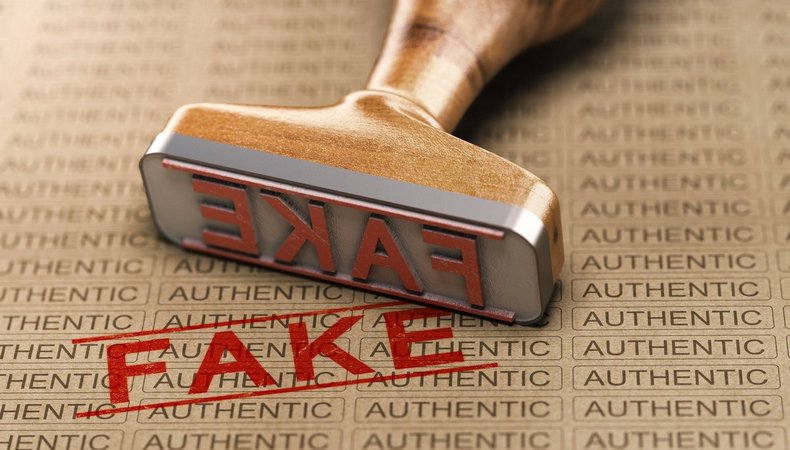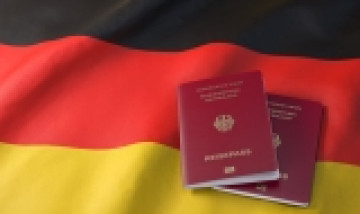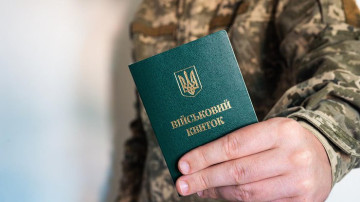I am studying in the third year of the State University of Economics and Technology.I specialize in contractual, economic and corporate law, in particular, I provide consultations and write articles.
A counterfeit product is a copy or counterfeit product that infringes intellectual property rights, such as trademarks or patents. This includes goods or services that imitate or use intellectual property without permission.
Types of counterfeit products:
- Goods with counterfeit trademarks. Products on which brand marks or logos of well-known companies are illegally used.
- Patented products. Copies of patent-infringing goods, i.e. technical solutions protected by patents, without the permission of the patent owner.
- Counterfeit software. Programs or applications that imitate legitimate products but are not licensed or certified.
- Counterfeit medicines. Medicines that copy the original, but contain dangerous or incorrect ingredients, or are not medically effective.
- Copies of designer clothes and accessories. Things imitating well-known brand models, but made without the permission of the right holder.
- Counterfeit electronic devices. Hardware that uses well-known brand names without permission or is manufactured in violation of patents.
These types of counterfeiting can harm not only rights holders but also consumers, as counterfeit products are often of poor quality or may be dangerous.
Customs control over counterfeit products:
Customs authorities have a number of rights to protect intellectual property rights, in particular:
- Customs may inspect goods to determine whether they infringe intellectual property rights such as trademarks, patents or copyrights.
- As part of customs control and clearance, customs officers may take samples of goods to analyze their characteristics to check whether they are counterfeit.
- Customs authorities can suspend the customs clearance of goods if there is a suspicion of violation of intellectual property rights, according to the data of the customs register of objects of intellectual property rights.
- In case of confirmation of violation of intellectual property rights, the customs authorities may destroy goods whose customs clearance has been suspended.
These measures help prevent the importation of counterfeit goods and ensure the protection of intellectual property rights.
The process of combating counterfeit goods at the customs border:
- The right holder (owner of a trademark or geographical indication) must register his right in the Customs Register of Intellectual Property Rights. This allows customs authorities to control goods that may potentially violate these rights.
- Upon detection of goods that may be counterfeit, the customs authorities have the right to stop the customs clearance of these goods. This is done on the basis of data from the Customs Register or other information sources.
- After stopping the customs clearance, the right holder has the right to go to court to protect his rights. The court can make a decision on the seizure and destruction of counterfeit goods, as well as on compensation for damages.
- This process provides a mechanism to control the quality and legality of goods crossing the customs border and protects the intellectual property of rights holders.
Question
What are the stages of communication with the owners of websites that violate intellectual property rights?
Answer
Sending official requests or complaints to platform administrations demanding the removal of counterfeit products. Submission of evidence of infringement, such as copies of counterfeit goods, certificates of ownership and other documents. In case of refusal or ineffectiveness, initiation of legal actions for forced removal of counterfeit goods by going to court.
Question
How does counterfeiting affect the economic performance of a business?
Answer
The sale of counterfeit products can reduce the revenue from the sale of original goods, as consumers may choose a cheaper counterfeit option. If counterfeit products are poorly made or have quality problems, this can negatively affect the company's reputation and cause consumers to distrust its brand. Counterfeit goods can create competition at the expense of lower prices, making it difficult for companies to remain competitive in the market.
Alternative methods of protection against counterfeiting:
Protection of intellectual property rights against counterfeiting can be carried out in a variety of ways:
- Registration of patents, trademarks, copyrights or geographical indications provides legal protection and allows detection of infringements.
- Introducing security features such as holograms, QR codes, chips or watermarks into products to make counterfeiting more difficult.
- Filing lawsuits to protect rights, including claims for seizure and destruction of counterfeit goods and compensation for damages.
- Regular monitoring of the market and online platforms to detect counterfeit goods and violations of intellectual property rights.
- Involvement of law enforcement agencies to investigate cases of counterfeiting and bring the culprits to justice.
- Raising consumer and business awareness of the dangers of counterfeit goods and the importance of protecting intellectual property rights.
These measures help not only to detect and stop violations, but also to prevent the appearance of counterfeit goods on the market.
Services of a lawyer for protection against counterfeiting:
Lawyers online can provide comprehensive assistance in protection against counterfeit products. Here are the main types of legal services:
Lawyer consultation and legal analysis of the situation: The lawyer conducts an audit of the legal situation, assesses the existing risks and determines the degree of threat of counterfeiting to the business. Development of a strategy for protection against counterfeit products, including legal and other measures.
Legal services for the protection of intellectual property rights: Assistance in registering trademarks, patents, copyrights and other forms of intellectual property, which allows to protect original products. Conducting market monitoring for possible violations of intellectual property rights.
Lawyer services in case of infringement of rights: Lawyer organizes collection of evidence of infringement of rights, such as counterfeit products. Preparation and submission of lawsuits against persons or companies that manufacture or distribute counterfeit goods. The lawyer will ensure representation of the client's interests through the court proceedings or other arbitration bodies.
Lawyer help in contract matters: Drafting and revision of contracts with suppliers, distributors and other partners to include protective clauses against counterfeiting. Preparation of confidentiality agreements to protect business information and intellectual property.
Protection against counterfeit products is an important component of business management, as counterfeiting can significantly affect a company's reputation, financial results, and legal interests. A lawyer advice helps to reduce the risks associated with counterfeit products and ensure comprehensive protection of the company's interests through legal and preventive measures. Contact the CONSULTANT legal marketplace - we are always there to help you solve any legal problem. Leave your number and get legal help right now. Do not waste your time, our lawyers are already waiting for your call!




































